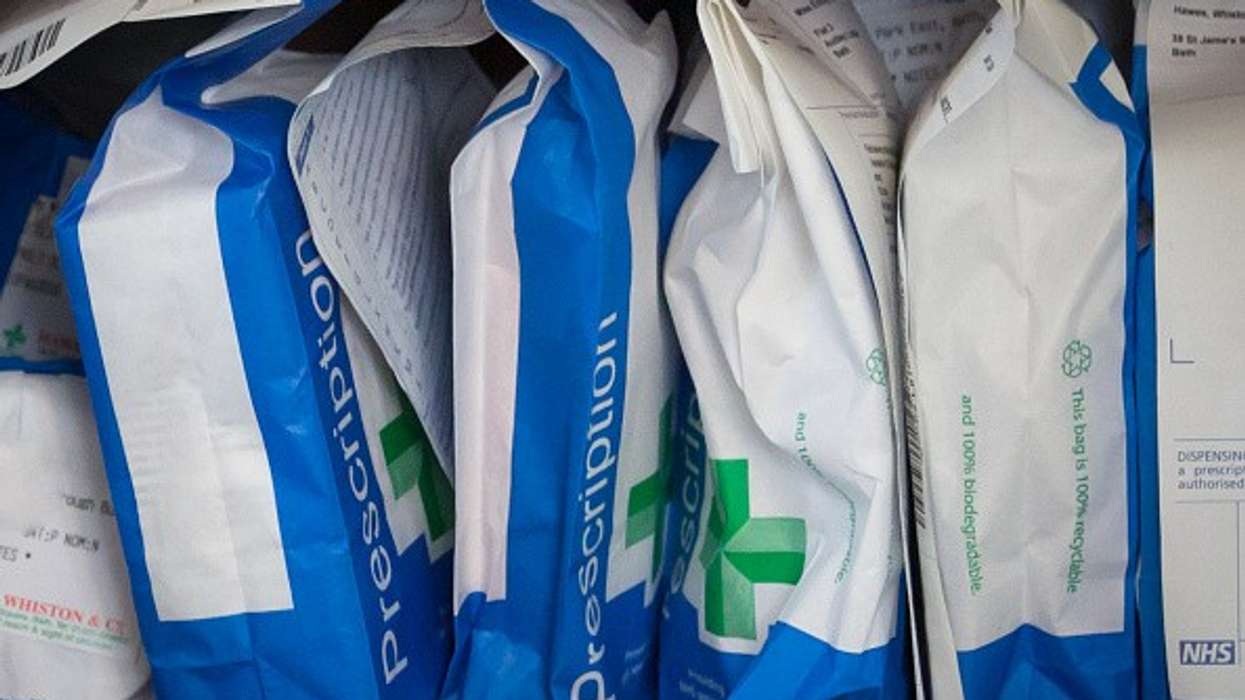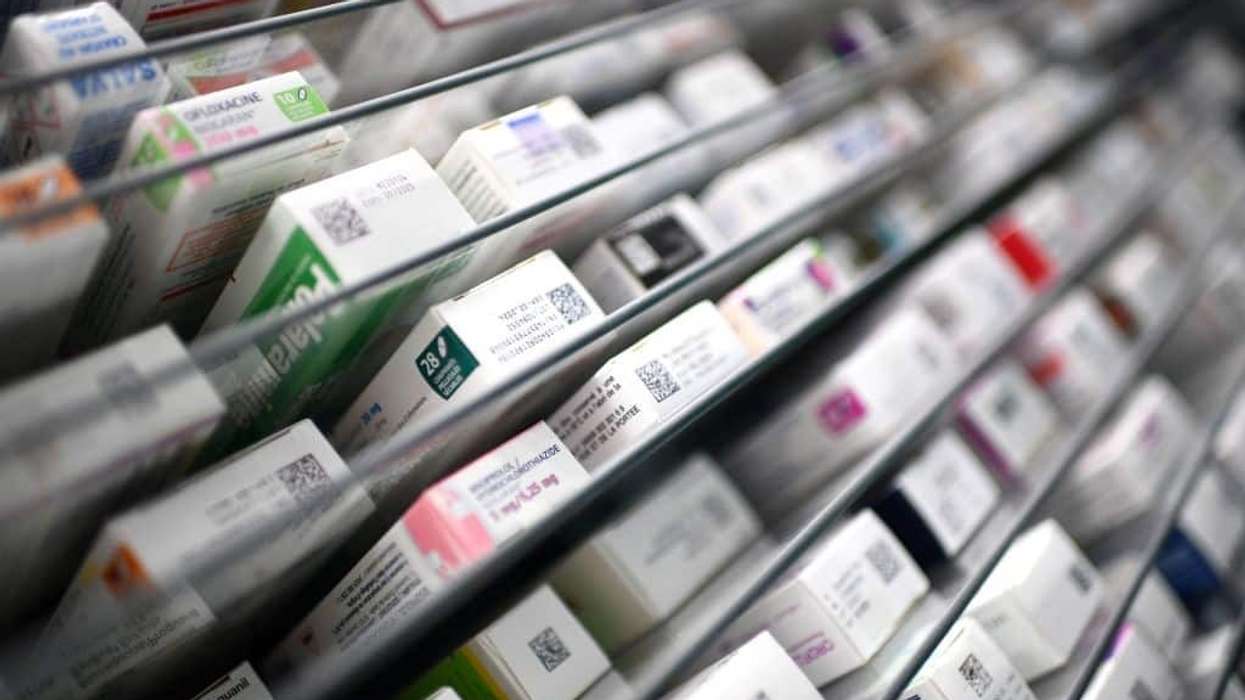Majority of the pharmacies are facing aggression from patients due to the medicine supply chain issue, a PSNC survey has revealed.
The Pharmacy Pressures Survey by the trade body has seen nearly 83 per cent of pharmacies reporting a significant increase in medicine supply issues in the past year, leading to extra work and additional stress for staff.
The survey of over 5,000 pharmacy premises and 1,000 pharmacy team members in England took place in early 2022.
Two-thirds of respondents said that medicines supply chain issues are a daily occurrence, with 97 per cent reporting that this led to frustration from patients.
“The results of PSNC’s Pressures Survey make distressing reading for anybody in the sector – they tell a story of teams under immense pressures, and of businesses at crisis point," said Janet Morrison, PSNC chief executive.
"Pharmacy teams will do everything to ensure that patients get what they need, so it is particularly worrying to see the impact that pressures are starting to have on patients and the public as well.
"We must take these findings as the warning signal that they are: the pressures on community pharmacies – coming from a combination of workload, workforce and financial factors – are simply unreasonable, and unsustainable."
The daily occurrence of medicine shortage has become a major concern for pharmacies. According to the survey report, pharmacy teams spend many hours trying to resolve these supply issues so that patients are not affected by them, with the average time spent by pharmacy teams being 5.3 hours per week.
Almost all pharmacies experience extra workload and stress due to supply issues, and patients are frustrated and inconvenienced by the supply issues: 75 per cent of pharmacies reported experiencing aggression from patients due to medicine supply issues.
Staff shortage is another issue that is adding to the pressure on community pharmacies, the survey results indicated that that 91 per cent of pharmacies are experiencing staff shortages and almost half of contractors are extremely concerned about their pharmacy’s finances, with 80 per cent reporting that the costs to run their pharmacies are significantly higher when compared to a year ago. At the same time, nine out of ten pharmacy teams have seen a significant increase in phone calls from patients about prescriptions, and 86 per cent reported a rise in requests for healthcare advice.
With pharmacies under this level of workload pressure, PSNC also heard about the impact on the mental health and wellbeing of pharmacy staff. The survey found that:
- 98% of respondents said that workforce shortages are resulting in increased pressure on pharmacy teams;
- 82% said that increased workplace pressures are negatively affecting their mental health and wellbeing; and
- On a scale of 1 – 10, where 1 is not coping at all and 10 is coping perfectly fine, 79% of respondents scored their team as 5 or below.
As a consequence, two-thirds of pharmacies have had to cut back on services or the advice they offer to patients, and 29 per cent have had to reduce their opening hours. These are last resort measures that are limiting pharmacy staff’s ability to spend the time with patients that they want to, and making them uncertain of their capacity to take on new services in the future.
In the survey:
- 90% of pharmacies reported that they are unable to spend as much time with their patients;
- 87% said prescriptions now take longer to dispense; and
- Only 34% of respondents said that they felt that they had some capacity to take on new services in future.
PSNC said that these pressures are a key focus in the ongoing Year 4 CPCF negotiations.
"Millions of people rely on their local pharmacies every day, and it is imperative both for them and for the wider NHS that this does not fail: to guard against that, NHS England and the government must take heed of these findings and work with us to urgently address the causes. Without this extra support, patients and the public can expect to see an end to some of the pharmacy services that they have come to know and value," said Morrison.
"PSNC has highlighted these findings to NHSE&I and the government, and we will continue to press them to give the sector the additional support it needs. Thank you to everyone who completed our Pressures Survey and in doing so helped to strengthen our case.”
Commenting on the Pharmacy Pressures Survey NPA Chair Andrew Lane, “Pharmacies are struggling under relentless workload, staff shortages and spiralling costs. They are determined not to let patients down, but there is only so much pressure anyone can withstand – whether that be individual pharmacists, a team or pharmacy businesses.
“In recent years, expectations have grown about what community pharmacies can deliver, but investment by government and the NHS in England hasn’t kept pace. That’s the context for these depressing survey results. These survey results reflect what we hear consistently from the independent pharmacies we represent – so they are shocking but not in the least bit surprising, unfortunately.”
Expressing the concern over staff shortage, Malcolm Harrison, Chief Executive of the Company Chemists’ Association (CCA) commented, “This confirms our existing concerns about there being a workforce crisis in community pharmacy. Earlier this year, the CCA uncovered a shortfall of 3,000 community pharmacists in England and the recent Health Education England (HEE) workforce survey highlights rising vacancies amongst the entire pharmacy team. We urgently need the Government to recognise these workforce pressures and devise an evidence-led workforce plan for all of primary care”.











